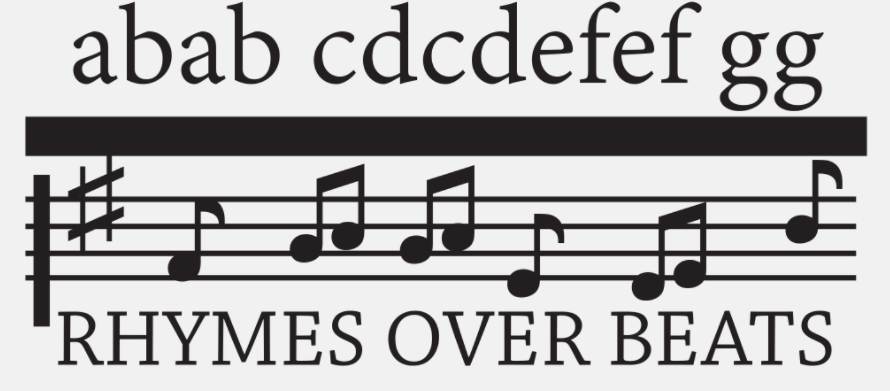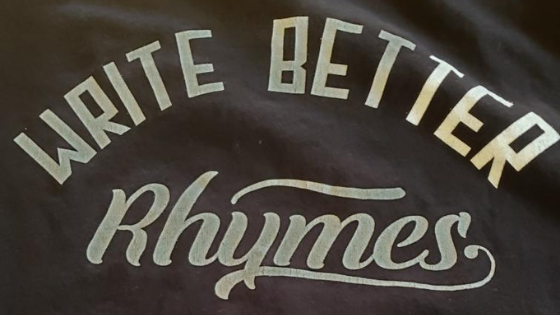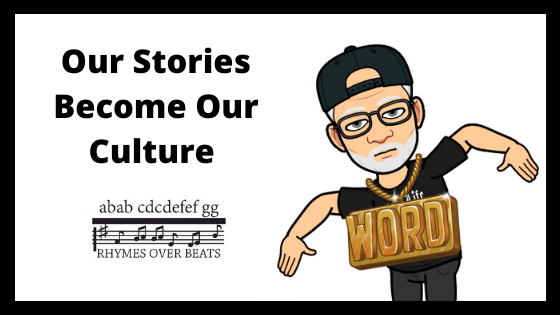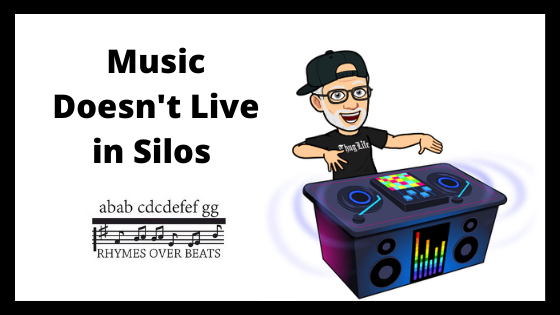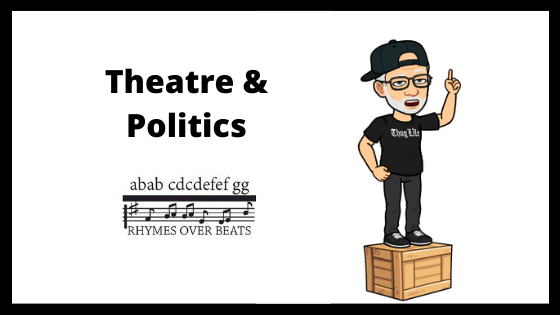
Plato’s Republic?
To Post or Not To Post
Last week I went to a political fundraiser. Of course, I had the obligatory photos with the candidate taken and posted them.
I thought long and hard about doing this (not about going, but about showing publicly that I went on social media). It was, after all, not the opening of a friend’s show where people would wonder if I didn’t go. It was political, not theatrical.
Integrity is Key
I worry about discouraging potential audience members by publicly supporting a candidate they might not. I know that I would not be comfortable to be seen to publicly supporting a work whose politics seem to me to be questionable. It seemed that I should keep my politics separate from my theater.
Upon reflection though, I’ve come to realize they are the same thing.
I don’t think it is possible to separate politics from theater. Theater is political. Plato famously banned playwrights (he called them poets) from his utopia. He thought that theater used the power of emotion combined with the power of the intellect to change people’s minds. This made theater dangerous. He thought individuals’ minds should be changed by the power of the intellect alone.
Plato’s approach makes for pretty boring theater.
The theatre Rhymes Over Beats produces is theater that is concerned with social justice.
We do political work. As long as our personal politics match that of the shows we produce, we will have no issues.
Do you agree?
